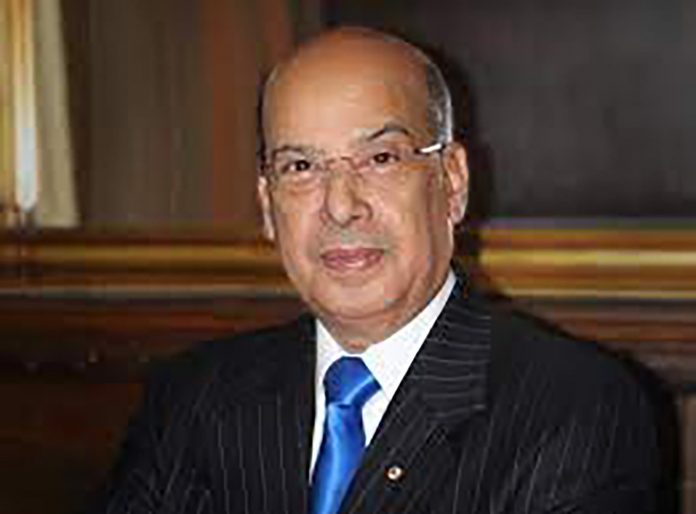
By Orville Williams
In a move reminiscent of the widespread disdain toward confederate monuments in the United States, Antigua and Barbuda’s Ambassador to the Organization of American States (OAS), Sir Ronald Sanders, has called out the Spanish government for its role in promoting Christopher Columbus’ ‘discovery of the new world’.
The ‘Encounter of Two Worlds’ – also recognised as Discovery Day, el Día de la Hispanidad, el Día de la Raza or simply Columbus Day in the United States – is a celebration that marks the anniversary of Christopher Columbus’ first voyage to the Americas, where he supposedly discovered the ‘New World’.
The celebration is widely perceived as an effort by the international community to show the benefits of collaboration between the ‘Old World’ and ‘New World’ based on what both worlds have in common and the opportunity to share cultural elements that are indigenous to both respectively.
Of course, considering the people of the Americas had already developed their populations and were arguably thriving in the context of that time, countless critics have refuted the claims of Columbus’ discovery and even suggested that his efforts are to blame for the displacement and overall destruction of those native populations.
Therefore, the continued celebration of Discovery Day and the like are seen as unwanted reminders of the injustice that the native people faced.
This is a view shared by Sir Ronald, who made his stance clear in a media statement yesterday.
“The native peoples of these lands were not in need of discovery. They already had a civilisation, a rich culture and knowledge that suited the sustainability of their environment.
“All that was either destroyed or desecrated by the arrival of Columbus and his crew, who stumbled upon these lands in the mistaken belief that they had navigated a new route to the Indies”, he opined.
He added, too, that “it was an encounter contrived on the ideology of European superiority that is today commonly called racism…The freedom that the European settlers sought in these lands now called “the Americas” came at the expense of the lives, land, labour, blood and resources of non-white people”.
Sir Ronald also pointed to the fact that, besides the genocide and enslavement of the native peoples of the Americas, “the encounter threw open the gateway for centuries of brutal slavery of African people and the exploitation of Asian indentured labour in some Caribbean countries”.
The ambassador assured that Antigua and Barbuda greatly values its modern-day relationship with Spain, but noted that the twin-island nation would not be a true friend if it “were to pretend that this occasion is one that we welcome and support”.
He called for the occasion to be lamented rather than celebrated, adding that the celebration should be discontinued, especially as it reopens wounds and reinforces the strong desire for reparatory justice.
Across the world, human rights activists and other groups have been calling for the removal of symbols that divide communities, ostracize certain racial groups and blatantly offend others, due to their affiliation with past – and some would argue, with present – actions of racial inequality.
In the US, the House of Representatives voted last year to remove a bust of Chief Justice Roger B Taney from the Capitol, along with statues honouring figures who were part of the Confederacy during the Civil War.
Taney’s bust was to be replaced with a bust of Justice Thurgood Marshall, who became the first African-American Supreme Court Justice and fought legal segregation in the US as a civil rights attorney.
This action was put forward amid protests over the killing of George Floyd and was accompanied by many similar legislative changes that removed the protection of these monuments.
In the United Kingdom as well, during the same time of the George Floyd protests, anti-racism protesters in Bristol pulled down a statue of 17th-century slave trader Edward Colston, before throwing it into a river.
That statue was temporarily replaced later with a sculpture of protestor, Jen Reid, who famously stood on the plinth that housed the previous statue a short while after it was hauled down, with her fist raised in a ‘black power’ salute.
